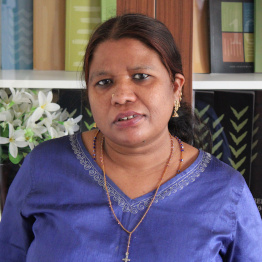Survival and Expansion of the Handloom Sector in Contemporary Globalisation
Dr Anamika Das from St Joseph’s College Autonomous, Bangalore made a presentation on “Survival and expansion of the handloom sector in contemporary globalisation: evidence from Sualkuchi silk handloom cluster in Assam,” at the office of the Foundation on August 19, 2019.

Her study is based on primary data collected from handloom enterprises in Sualkuchi town in Assam. A majority (more than 60 percent) of the handloom enterprises in Sualkuchi were own-account enterprises, that operated at a small-scale and used only family labour. Such enterprises, argued Anamika, did not record any significant value addition. About 37 percent of the handloom enterprises in Sualkuchi were classified by Anamika as master-weaver enterprises. These were larger in scale and relied mostly on hired labour. The hired labour comprised mostly tribal women who had migrated from nearby flood-prone regions of Assam. The study showed that such enterprises enjoyed higher levels of value addition. Some significant factors contributing to the value added by these enterprises included number of looms, number of migrant workers employed, and membership in marketing cooperatives.
The study also concluded that producer cooperatives can provide the much needed scale to the own-account enterprises in Sualkuchi. The industry, she asserted, did not suffer from a demand constraint, and the own-account enterprises, if able to achieve the economies of scale, would find a ready market for their produce.














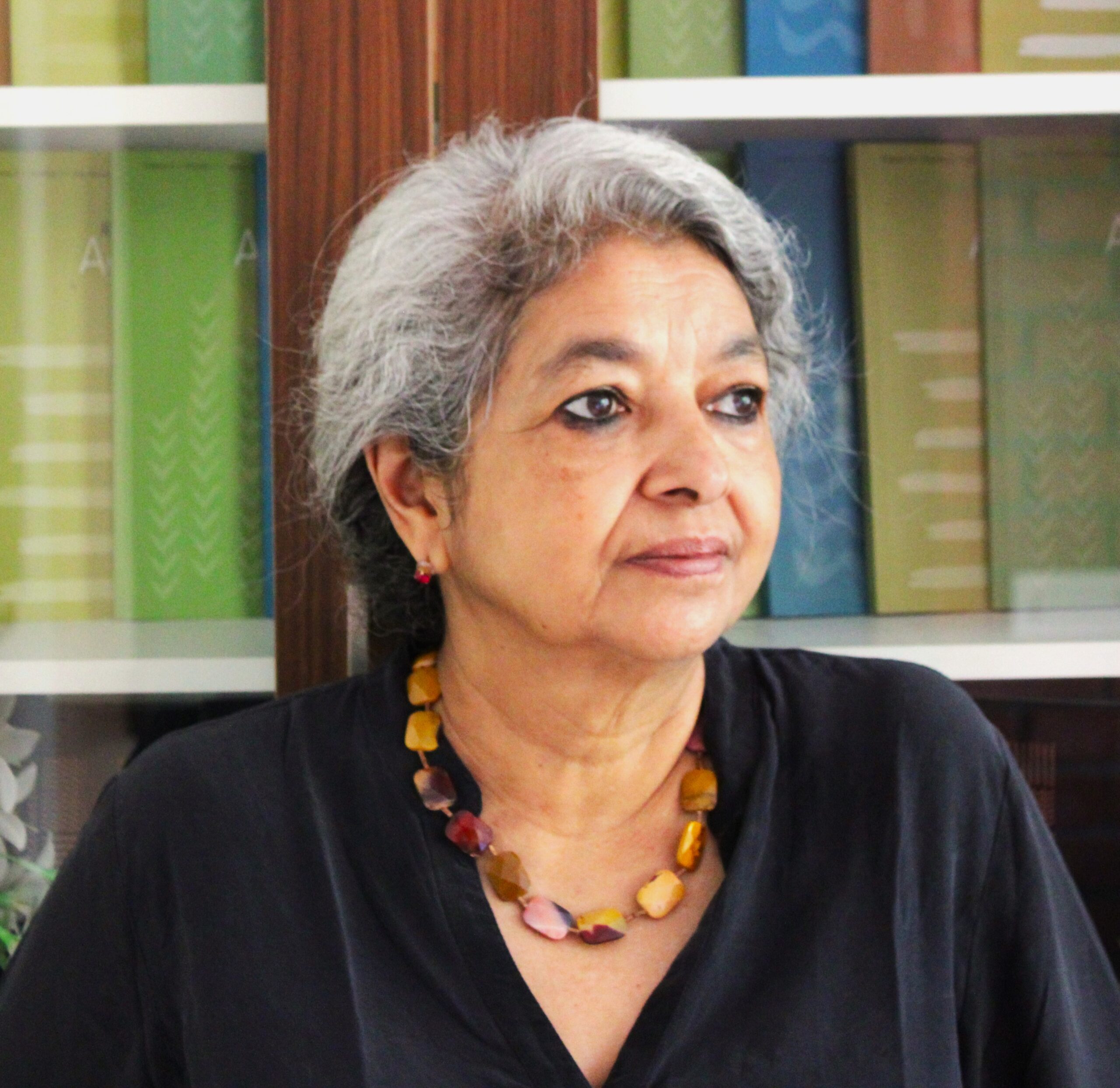



















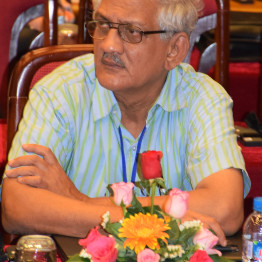


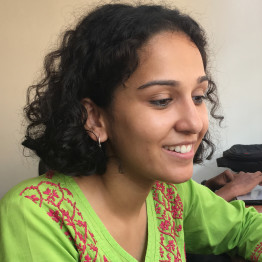

















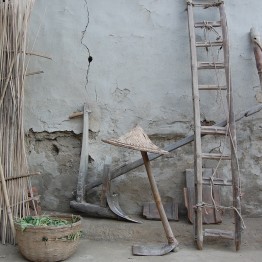

 Sudha is an Administrative Assistant of the Foundation. She assists the administrative division of the Foundation and also has taken part in fieldwork organised by the Foundation.
Sudha is an Administrative Assistant of the Foundation. She assists the administrative division of the Foundation and also has taken part in fieldwork organised by the Foundation.










